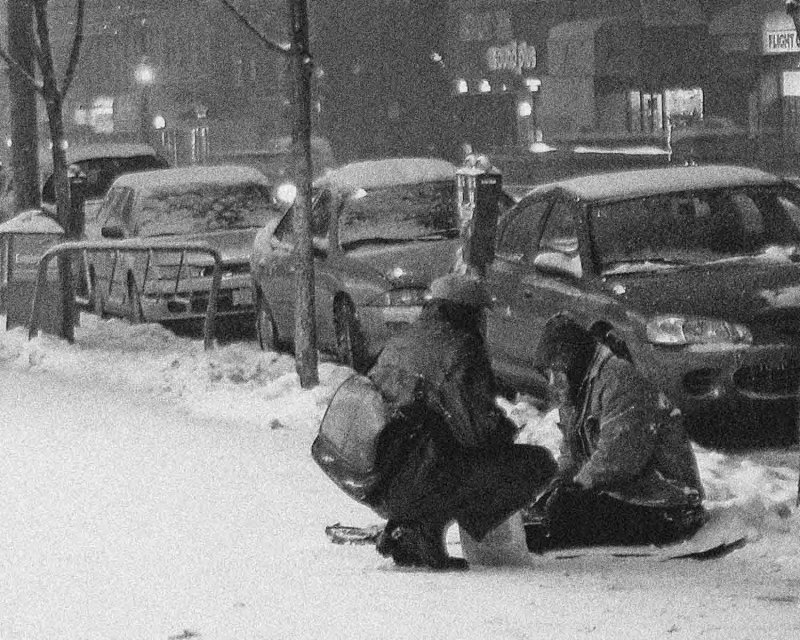Man arrested after attempting to murder uncle and Boyle sheriff with pickup truck - The Advocate Messenger: Boyle
Yet, another tragedy where an individual had a 10-year psychiatric history, but was released too soon after a brief 72-hour hold!
Review the list below and check off the many acts needed that could have prevented this tragedy.

Another reason to inform your Congressman of Rep. Murphy's HB 3717/Helping Families in Mental Health Crisis Act.
This Act fixes the nation’s broken mental health system by focusing programs and resources on psychiatric care for patients & families most in need of services.
1.) Empowers Parents and Caregivers
2.) Breaks down barriers preventing doctors and mental health professionals from talking to parents about mentally ill loved ones who are in an acute mental health crisis
3.) Fixes Shortage of Inpatient Beds
4.) Increases access to acute care psychiatric beds for the most critical patients.
5.) Alternatives to Institutionalization
6.) Provides alternatives to inpatient care through court-ordered ‘Assisted Outpatient Treatment’ — reducing rates of imprisonment, homelessness, substance abuse, and costly ER visits for the chronically mentally ill.
7.) Reaching Undeserved and Rural Populations
8.) Advances tele-psychiatry to link pediatricians and primary care doctors with psychiatrists and psychologists in areas where patients don’t have access to mental health professionals
9.) Driving Evidence-Based Care
10.) Creates Assistant Secretary for Mental Health (HHS) to coordinate federal government programs and oversee evidence-based models of care developed by the National Institute of Mental Health at Community Mental Health Centers. Ensures federal programs are optimized for mental health and patient care rather than bureaucracy.
11.) Stabilizing Patients Beyond the ER
12.) Protects classes of drugs so physicians can prescribe the appropriate medications for mental health patients enrolled in Medicare and Medicaid (similar to epilepsy, cancer)
13.) Advances Critical Medical Research
14.) Authorizes the BRAIN research initiative at the Nat’l Institute of Mental Health
15.) Promotes High Quality Behavioral Health Clinics
16.) Improves quality and expands access to integrated medical and mental healthcare at community mental health providers
17.) Department Of Justice Reforms
18.) Reauthorizes mental health courts so patients are treated in the healthcare system and not warehoused in the criminal justice system
19.) Behavioral Health Awareness For Teens
Please contact your Rep in Congress and ask them to co-sponsor Rep. Murphy's HB 3717/Helping Families in Mental Health Crisis Act.
The fastest way to find your Rep phone number is to enter your zip code at: http://www.opencongress.org/people/zipcodelookup
Please contact your Rep in Congress and ask them to co-sponsor Rep. Murphy's HB 3717/Helping Families in Mental Health Crisis Act.
The fastest way to find your Rep phone number is to enter your zip code at: http://www.opencongress.org/people/zipcodelookup








 In the first half of the program, Duke University professors Marvin Swartz and Jeffrey Swanson gave highlights of the many AOT studies that they have conducted in New York and North Carolina, dating back to the late 1990’s. Their findings made a persuasive case that if properly implemented, AOT is a cost effective means to improve outcomes for people with severe mental illness who struggle with treatment adherence.
In the first half of the program, Duke University professors Marvin Swartz and Jeffrey Swanson gave highlights of the many AOT studies that they have conducted in New York and North Carolina, dating back to the late 1990’s. Their findings made a persuasive case that if properly implemented, AOT is a cost effective means to improve outcomes for people with severe mental illness who struggle with treatment adherence.